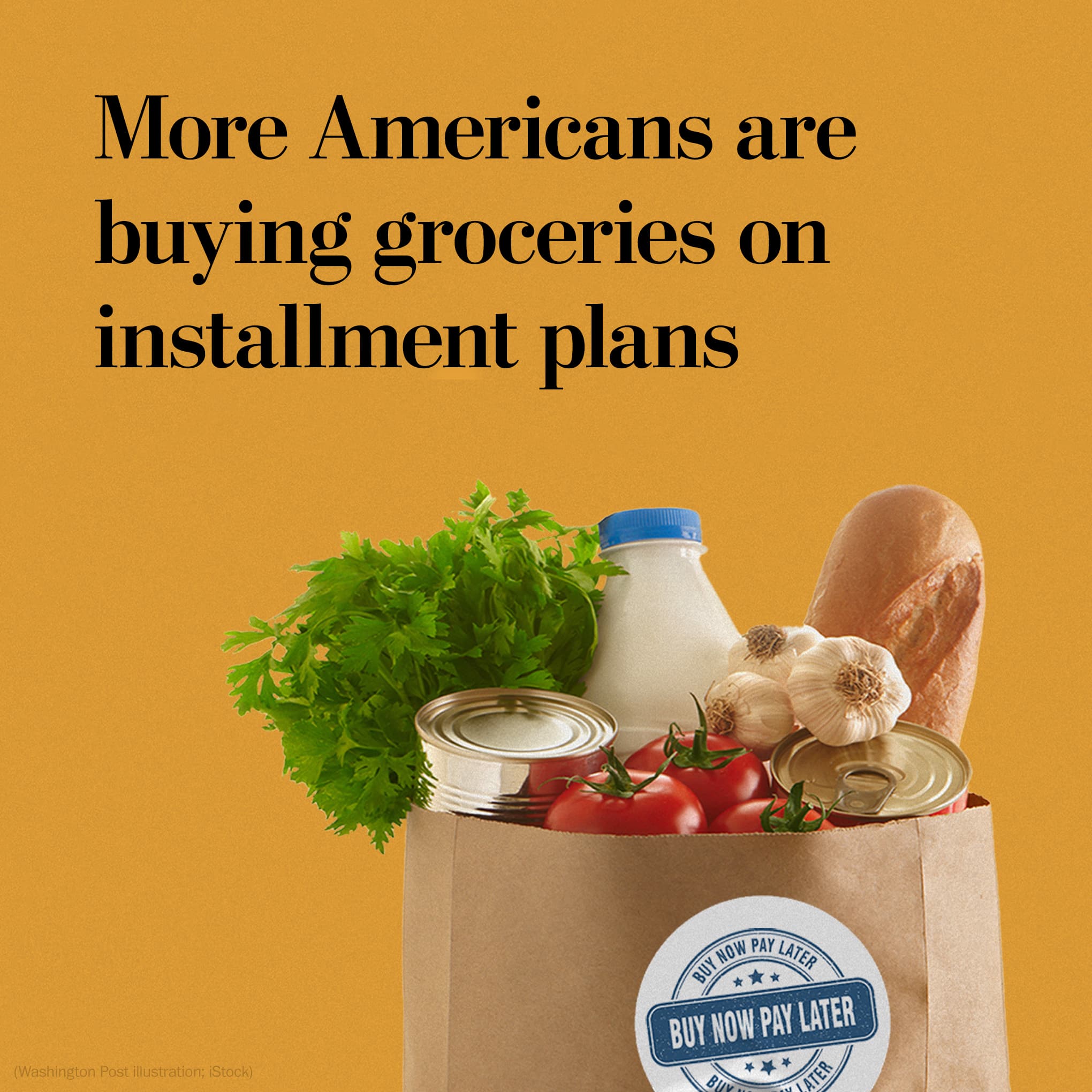BNPL for Groceries and Rent Surges Amidst 41% Late Payment Rate

A significant and concerning shift is underway in consumer finance as a growing number of Americans are utilizing Buy Now, Pay Later (BNPL) services for essential expenses like groceries and rent, with a striking 41% of users reporting late payments in the past year. This trend, highlighted by a recent tweet from Julie Margetta Morgan, indicates that these are often not the typical "no-interest, pay-in-four" products consumers have come to expect, raising alarms about the escalating weight of debt on working families.
Recent data from LendingTree reveals that 25% of BNPL users are now financing groceries, a substantial increase from 14% just a year prior. This practice is particularly prevalent among Gen Z, with 33% of users in this demographic employing BNPL for food purchases. As Julie Margetta Morgan stated in her tweet, "Many consumers are using BNPL to pay for essentials like groceries and rent."
The surge in BNPL usage for necessities is directly linked to persistent inflation and high living costs, forcing many households to seek short-term financial relief. While BNPL offers immediate access to goods and services, often without upfront interest, the ease of access can lead to "debt creep" and difficulty managing multiple payment schedules. A concerning 41% of BNPL users admitted to making a late payment in the last year, a rise from 34% previously, with some services now reporting to credit bureaus, potentially impacting credit scores.
Experts warn that relying on BNPL for perishable goods and recurring bills signals deeper financial distress. Matt Schulz, a chief consumer finance analyst at LendingTree, noted that this trend suggests consumers are using BNPL as a "bridge to their next paycheck." Morgan Stanley strategists Carolyn Campbell and James Faucette have also expressed concerns that increased BNPL usage could mask true consumer credit quality and indicate heightened consumer stress.
The growing reliance on BNPL for basic needs underscores the financial pressures faced by many Americans. While the flexibility of these services can offer temporary relief, the high rate of late payments and the increasing use for essentials highlight a potential unsustainability for those living paycheck to paycheck. This evolving landscape calls for increased financial literacy and careful consideration of the long-term implications for consumer debt and financial stability.